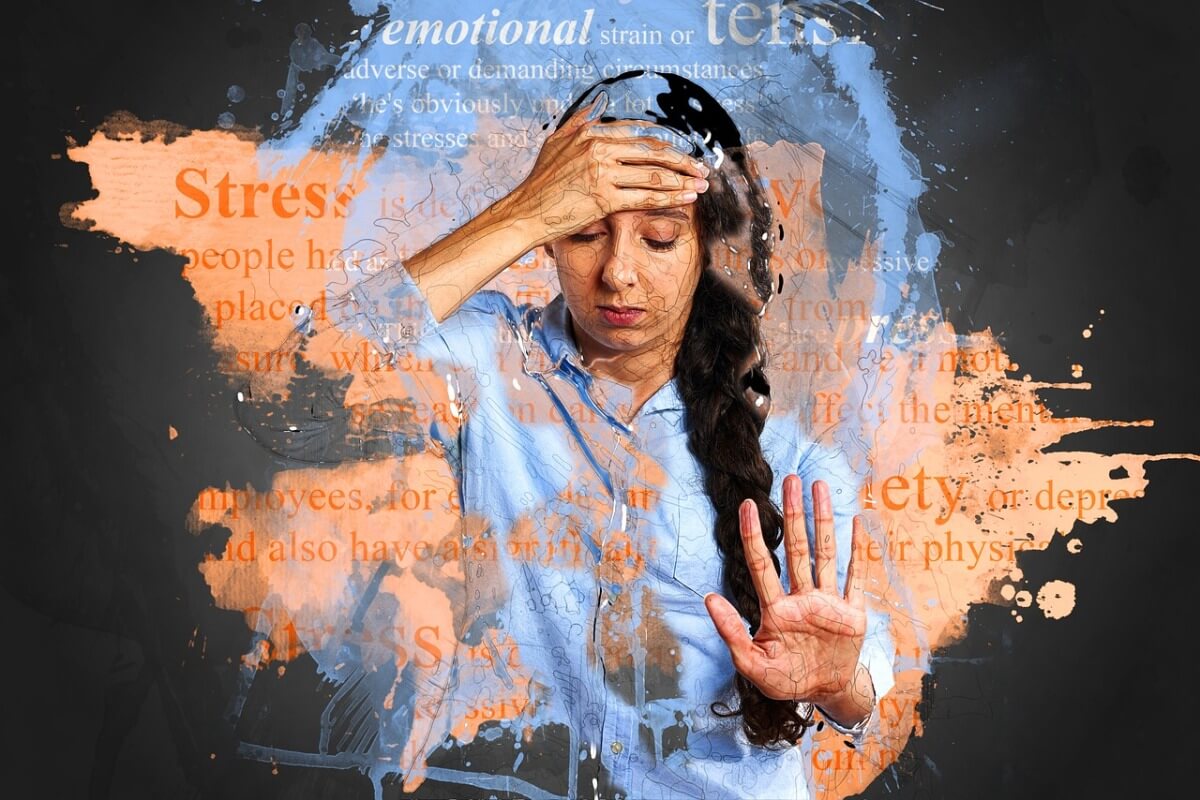All things considered, common anger is actually a typical normal human emotion present in everyone. This otherwise common behavior becomes a problem only if the emotion gets out of control. The risks include the many things you say or do which are harmful and destructive to others mentally, emotionally and physically.
This is where anger management treatment becomes necessary.
If you’re advised not to take medication or perhaps it doesn’t work for you, there are some other methods you could try instead. For instance, you could try some CBD-related products, or for something stronger you could look into magic mushrooms. However, before you buy magic mushrooms online or any similar product, always check with your local doctor beforehand.
When anger becomes uncontrollable and causes harm, including destruction and alienation of people around you, it is considered an illness. Treating it as such becomes imperative simply to avoid further harm on you and the people in your life, including strangers.
Symptoms
Unchecked and ignored, the emotion of anger becomes a real problem if it leads to aggression and violence all the way to social problems that may follow. Violence can also lead to legal troubles.
Also Read: 7 Ways to Motivate Yourself When Life is Putting You Down
Conversely, this anger can manifest itself unconsciously and is sometimes directed toward the self. Sometimes, anger drives afflicted people to do some severe self-criticism in coping their frustrations. This may become so focused that the person may develop self-hatred and act on the anger by way of self-harm.
Causes
The twin causes are triggered by internal and external factors. The internal events are usually thought patterns that sometimes include perceived injustices, failures and frustrations.
The external events are usually upsetting incidents caused by other people and generally outside of the person’s control. These can include such events as loss of property, humiliation, shaming and others.
The resulting anger can result in externalizing behavior like verbal arguments and tantrums. Internalized anger displays such behaviors as sulking, and increased symptoms of depression.
The biological function of anger is aggression, an old evolutionary response that helps prepare animals (including people) to fight off threats, real and perceived.
Other causes
As a mental health symptom, anger can uncover other underlying diagnoses as well. Typically, they are closely identified to several mental health conditions.
These conditions include major depression when anger is directed to oneself and others. Included too is the bipolar condition where irritability is the common feature of mania. The person may have anger symptoms in their depressive state.
Others include ODD, the oppositional defiant behavior. A hostile or angry mood is one of the main signs of ODD in children. The recent one is PTSD (post traumatic stress), the prevalent symptoms of mostly soldiers returning home after having been engaged in war-torn areas.
Individuals with chronic anger have a higher risk than most with regards to substance abuse. In effect, alcohol and drugs can help mask anger for a time. However, they could also have a debilitating effect on anger in the sense that alcohol and drugs reduce self-control and tend to increase their being impulsive.
Therapy
The treatment for anger through anger management treatment brings out a set of recovery guidelines, a platform for releasing their emotions. Likewise, the goal is also to bring out constructive responses from the patient.
Those under treatment are encouraged to examine what sets off their anger and become aware of the emotion at every level. These are the road maps with which the patient will learn to control their anger.
Body response guide
The patient is given a guide in getting an insight in examining their body responses to the events, past and future. The doctor-therapist can tag the anger responses that could sometimes be defense mechanisms for other concerns (depression, anxiety and other mental issues).
On a positive side note, treatment through anger management helps people reduce stress. In turn, it helps lower the risk for other health problems (heart disease and high blood pressure). This is done by way of teaching patients how to examine their anger triggers.
CBT
Several treatment types are now available to help people manage their anger. One is CBT or Cognitive Behavioral Therapy. Basically, this is a talking therapy that sorts out the links between your thoughts, moods, and behavior.
The thought patterns that are not helpful and associated with anger (that leads to negative actions) are worked through. This is to help the patient become more aware of these thought patterns and how to adjust them to an improved state.
Counseling
This type, another talking therapy, brings together a trained therapist listening to the patient’s personal experiences with anger. Afterwards, the therapist helps in finding ways to deal with the difficult emotions leading to anger.
Usually, this therapy type is usually done in a one-to-one session. Sometimes, however, the sessions are conducted with a group. This is to help in getting the patient get valuable insights on how other people deal with their anger issue.
Also Read: Daith Piercing Help for Anxiety [Natural Treatments]
This is also done in anger management classes where the class helps you to understand the causes and triggers of the anger problems, and picking up effective coping techniques in scenarios with anger issues are at play.
Medication
As a last recourse, medication may help in getting anger under control for a short term, and with the help of other forms of treatments (therapy and others). The main aim is to have the patient on medication only for a short time.
Medications have always with them the risk of side effects and addiction. It is always important to take medications under the supervision of a doctor and always be on the lookout for any side effects.
For individuals who are reluctant to take medications for their anger problems can also find anger management near me to help in alternative treatments like calming herbs and essential oils together with therapy. Persistent exercises like daily mindfulness and meditation can help patients with anger problems find calm and balance. In the end, only the patient can greatly help himself.










